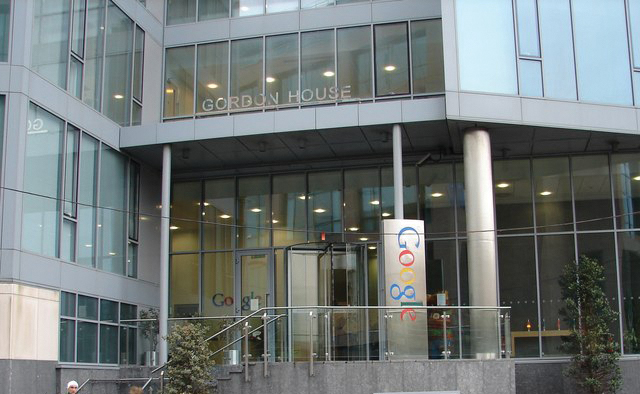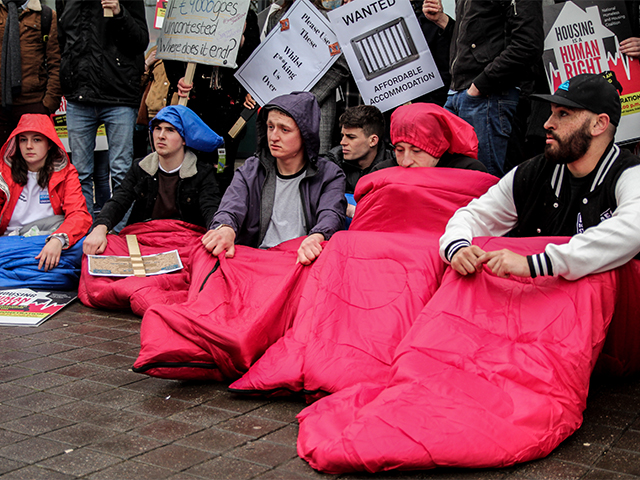
[dropcap]I[/dropcap]t can take up to six weeks for students to access the one on one counselling services offered by DCU according to Podge Henry, Student Union VP for Welfare and Equality.
The Counselling and Personal Development Service fast-tracks students that have more urgent needs and also offers self-help books, online aid and group workshops for students during their waiting period.
“I think the Student Support and Development are doing their very best and they are doing fantastic to cater to all students that come in, but there will always be a strain because there will be more students coming in every year,” said Henry.
DCU Senior Counsellor Ruan Kennedy stressed the fact that for students, the mental health services offered are “very dependent on risk and urgency, so if someone is at risk, they will be seen very quickly, and then for people who are waiting there are other sources as the workshops, or online resources, et cetera.”
“I’d encourage any student who is having problems to use our services and to be honest if they need to be seen urgently because a lot of people don’t want to say they need help right away,” said Kennedy. “But if they do, we will make sure they are seen to.”
Gráinne Jones, a DCU student who has been in the mental health system since she was 17, said compared to other services, “the DCU wait list is nothing.”
Jones said she was told by the Health Services Executive it would take three to six months to receive a one-to-one appointment unless she had the funds to pay for it immediately.
Having experienced the DCU services, Jones said they were very helpful and “took you seriously”, but thinks there needs to be more staff so all students can access mental health care quicker than the current waiting times.
“It’s all about catching [mental health problems] early. Don’t let them fester,” said Jones. “Ideally you’d be seen in two to three days, not weeks. Those four to six weeks can be crucial.”
The Union of Students in Ireland called on the Government to invest in third-level mental health counselling services by ring-fencing €3m per annum in Budget 2018.
While the Government invested in a €47.5 million increase in funding for the higher and further education sector as part of Budget 2018, as well as promising to make €310 million available by 2021 to address the sector’s infrastructure needs, there was no investment towards improving on-campus mental health services.
“I think it’s a struggle across the whole mental health sector and I think there’s a whole national conversation going along and that needs to be developed more so the government starts to hear it more from the public and then they will take it that bit more seriously,” said Kennedy. “I think there is some sort of progress, but I think a lot more needs to be done.”
Kyle Ewald
Image Credit: Getty Images



